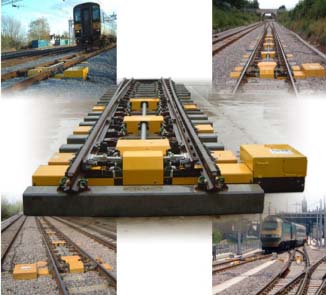PRV Engineering is one of the UK’s leading high precision engineering machining contractors and has a long association with the country’s railway network. Any news stories or topics involving the rail industry are, of course, of close interest.
Quicker trains, shorter journeys. It sounds ideal. Or does it? Plans to introduce 225mph trains to Birmingham from 2026 is in danger of resulting in drastic cuts elsewhere according to Virgin Trains.
Government plans for high speed rail means that high speed trains come off the new line north of Birmingham and use the existing track to continue their journey to north west England and Scotland.
However, the fear is every bit as genuine as the plans are ambitious. Virgin Trains believe the plan will not only worsen congestion on an already crowded line, but will lead to existing services in the area being withdrawn to create room for the new high speed trains in the HS2 network.
The warning from Virgin Trains will be viewed as a fresh blow to the flagship project and came within a week of the National Audit Office raising doubts about the viability of the £32.7billion scheme.
The difficulties will be worsened by the fact that the fleet, while capable of running at 225mph on the new line, will have a top speed of 100mph on the existing track – 25mph less than the current fleet of tilting Pendolinos operating on the route.
Similar problems will arise six years later when the line is extended to Manchester and Leeds with the same trains continuing to Scotland on the old track. This will hit services to towns such as Preston and Carlisle as well.
What is HS2?
- HS2 is a high-speed rail network which despite strong opposition, has been given the go-ahead by the government.
- Phase one of HS2, between London and Birmingham, should be running by 2026, later extending to northern England.
- The line is said to be “the most significant transport infrastructure project since the building of the motorways”.
- The London to Birmingham link would be followed by a second phase of the Y-shaped route reaching Manchester and Leeds by about 2033, she said
- A consultation on the second phase will begin in early 2014, with a final route chosen by the end of that year.
- Travelling at speeds of up to 250mph, passengers will be able to commute from Birmingham to London in 49 minutes, reducing the journey time by almost half from one hour and 24 minutes.
- A Birmingham to Leeds journey will be reduced from two hours to 57 minutes and a Manchester to London journey from two hours and eight minutes to one hour and eight minutes.
- Connections to existing lines should then cut journey times between London and Edinburgh and Glasgow, to three-and-a-half hours.
If you have any thoughts on the subject or any fears about the project, why not share them in the comment box below? We work closely with the railway industry and are always keen to hear your views.


Recent Comments